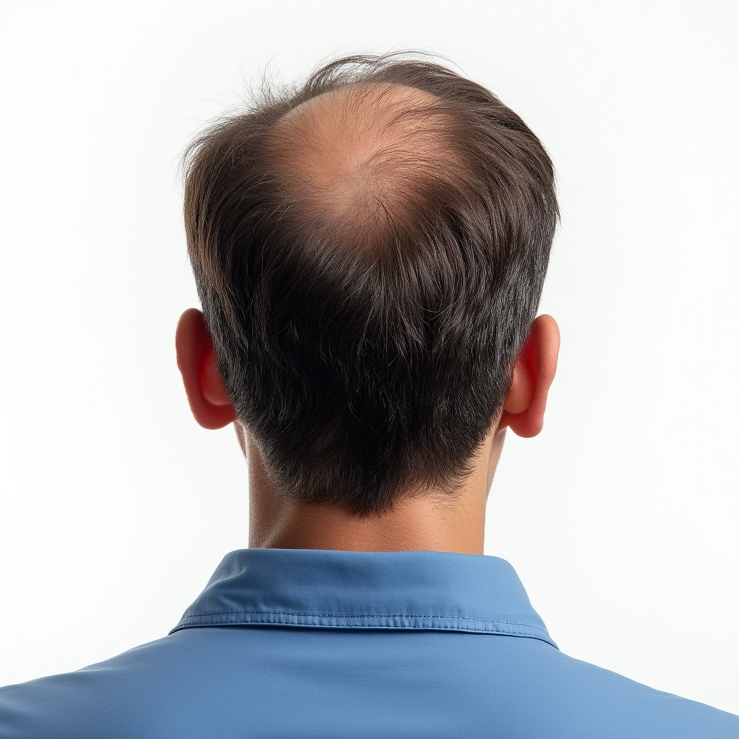Scalpura, Topical Dutasteride 0.3% - Advanced Hair Regrowth Solution
Our clinically proven Topical Dutasteride 0.3% solution is a potent 5‑alpha‑reductase inhibitor, TGA approved for effective treatment of androgenic alopecia and pattern hair loss.
Stop Hair Loss Effectively: Topical dutasteride inhibits DHT production locally and promotes hair regrowth without the systemic side effects commonly associated with oral formulations.



